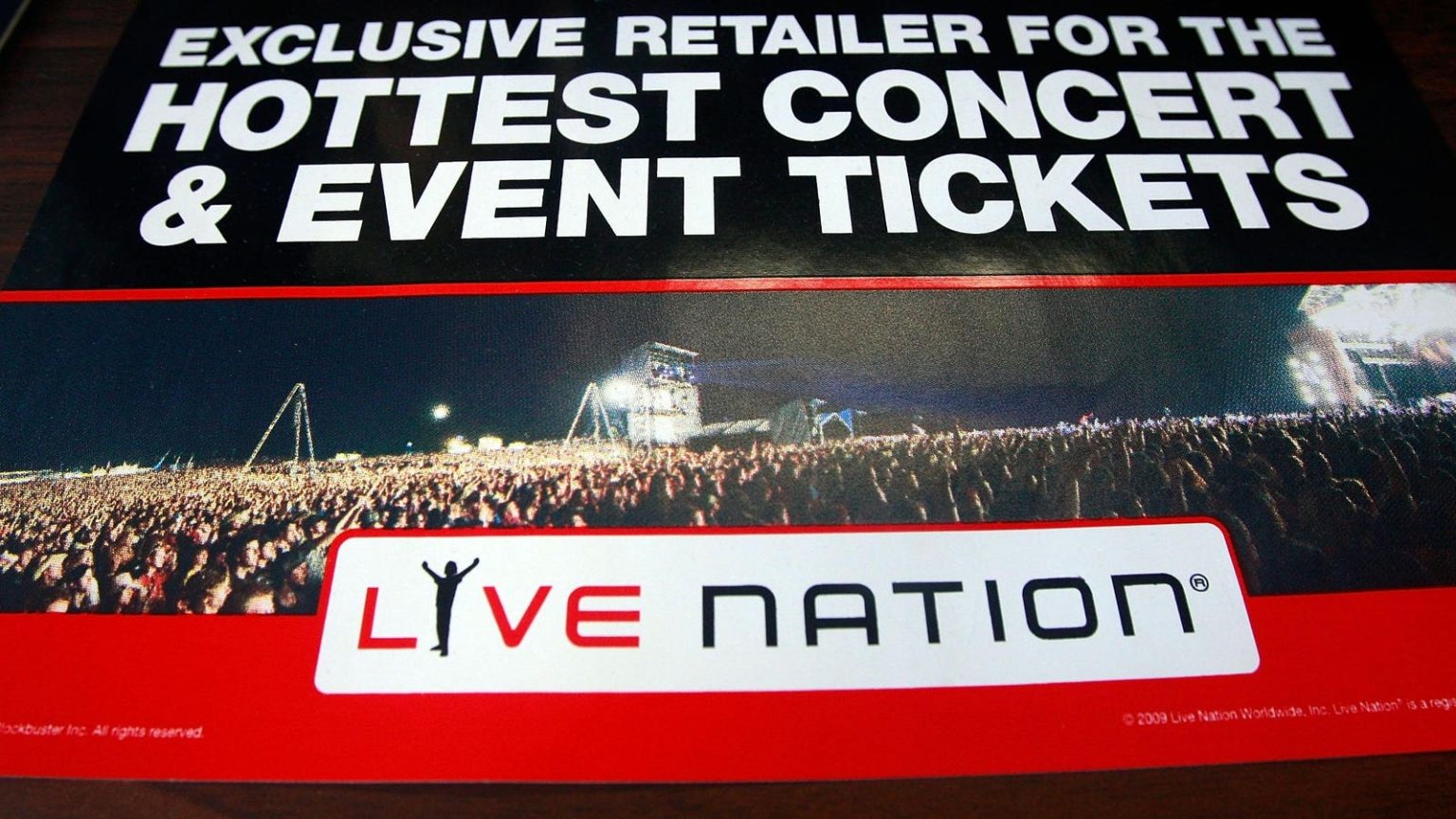Contributing Author: Nick Rozansky
Last autumn, demand for tickets to Taylor Swift’s ‘The Eras Tour’ surged to staggering heights, with Live Nation-owned Ticketmaster reporting that on a single day it received over 3.5 billion system requests, causing its app to crash for many users. Similarly, the predominantly Gen Z and Millennial fanbase of Olivia Rodrigo found themselves unable to attend her ‘GUTS Tour’ due to prohibitively high costs. Are these exorbitant prices simply a result of supply and demand, or rather anticompetitive agreements between artists, ticket sellers and venues? The Department of Justice (DOJ) firmly believes it’s the latter and is investigating allegations of Live Nation’s monopolistic practices.
This story really begins in 2010 when the DOJ permitted the ‘vertical integration’ of Live Nation and Ticketmaster with a ‘consent decree.’ The consent decree was to provide ‘structural safeguards’ to protect the public from anticompetitive practices, but Live Nation’s extensive control of the live show and concert market extends beyond the ticket market, encompassing artist and venue management and event promotion. With this level of control, Live Nation can easily steer everyone from pop stars and agents to consumers to use the Live Nation supply chain.
The 1890 Sherman Antitrust Act “makes it illegal to monopolize, conspire to monopolize, or attempt to monopolize a market for products or services. An unlawful monopoly exists when one firm has market power for a product or service, and it has obtained or maintained that market power, not through competition on the merits, but because the firm has suppressed competition by engaging in anticompetitive conduct.” The Clayton Antitrust Act of 1914 “prohibits mergers or acquisitions whose effect may be to substantially lessen competition.” Thus, the DOJ is investigating whether Live Nation is in violation of one or both of these Acts.
Why Is Live Nation Being Investigated?
In late 2019, the DOJ uncovered evidence of Live Nation violating the 2010 consent decree and extended the consent decree term by five years to 2025. While the extended consent decree contained “tweaks” concerning ticketing deals with venues, the recent Taylor Swift and Olivia Rodrigo debacles demonstrate the shortcomings of modified consent decree.
Live Nation’s extensive control, spanning from artist management to venues, severely limits artists’ ability to negotiate on behalf of themselves and their fans. During a recent Senate Judiciary Committee hearing, singer-songwriter Clyde Lawrence emphasized this issue, stating, ‘Live Nation’s industry-wide control leaves us with virtually no bargaining power in negotiations.’
The ongoing investigation will thoroughly scrutinize Live Nation’s contracts, specifically examining whether they impede venues from freely choosing their promoters and ticketing services. Interestingly, Live Nation is now advocating for policies to ban speculative ticket selling and strengthen enforcement of the 2016 Better Online Ticket Sales (BOTS) Act. This legislation was designed to combat the use of automated ticket purchasing (ticket bots) by individuals and organizations, often resulting in the resale of tickets on third-party platforms, commonly known as ticket scalping.
What Does This Mean Going Forward?
While the specific concerns of the DOJ regarding Live Nation are yet to be disclosed, it is reasonable to assume they revolve around price manipulation in both primary and secondary ticket markets. If the DOJ determines that Live Nation is indeed acting as a monopoly, it has several options. One possible action is mandating Live Nation to divest Ticketmaster, enabling smaller venues to collaborate with various ticketing platforms, ultimately fostering a better end-user experience with better pricing. Alternatively, the DOJ could prohibit Ticketmaster from engaging in the secondary market. Live Nation could also win, proving that it is not a monopoly, it has competition (e.g. SeatGeek and AEG), and it does not abuse its market position to drive up profits and crush competition. As of now, Live Nation and the DOJ appear to be heading for a collision in court.
Nick Rozansky is a Partner at Stubbs Alderton & Markiles, LLP and a member of its Business Litigation and Trademark & Brand Protection practice groups. Nick advises and represents clients in several industries, including fashion and apparel, jewelry, banking and finance, and consumer products. Nick’s clients seek his advice across the gamut of issues faced by their businesses, including pre-litigation and litigation matters, risk avoidance, collaboration deals, IP protection, and business strategies.
Read the full article here





